Oscars 2020: Griffith Park founder's dark past
- Published
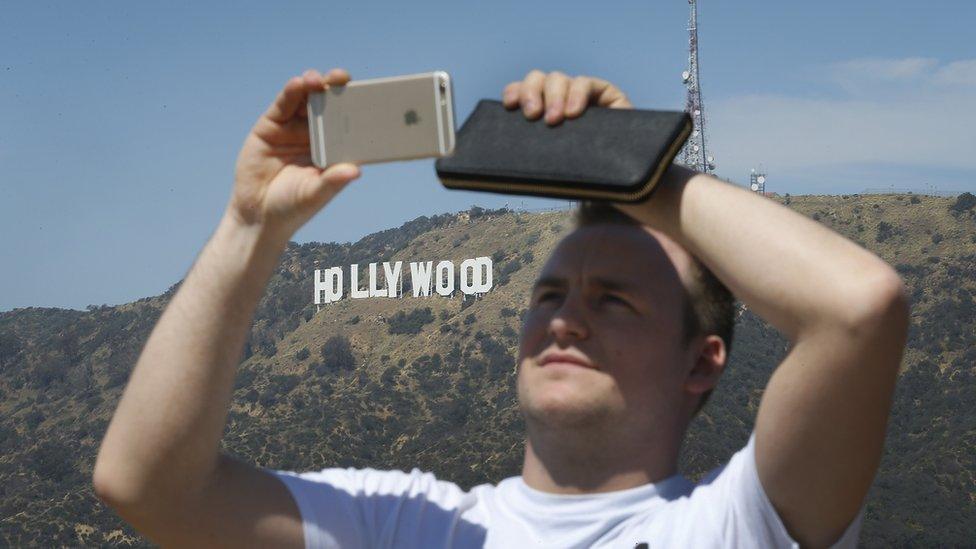
The Hollywood Sign is one of the most photographed attractions in the world
Los Angeles is famous for stardom, glamour and the giant Hollywood sign perched on the hillside, but to outsiders of the city few will realise the famous sign is situated in one of the biggest parks in America - a park that was gifted by a Welshman with a dark past. As film stars gather to take their place on the red carpet ahead of the Oscar's ceremony, BBC Wales' Peter Shuttleworth takes a look at the Welsh connection.
The history of Griffith Park can be traced back to when it was home to Native American villages and is one of tinsel town's gems attracting thousands of visitors every year.
It features the Los Angeles Zoo, a Greek amphitheatre and the Griffith Observatory, which has been featured in several feature films including Rebel Without a Cause, The Terminator, Back To The Future, Star Trek and La La Land.
But who was the man that gifted the land to the city of angels?
His name was Griffith J Griffith and he was born a world away from Hollywood on a farm in the village of Bettws, near Bridgend in south Wales, in 1850.
Not much is known about his life in Wales but it is thought he emigrated to America at 16, travelling with his uncle.
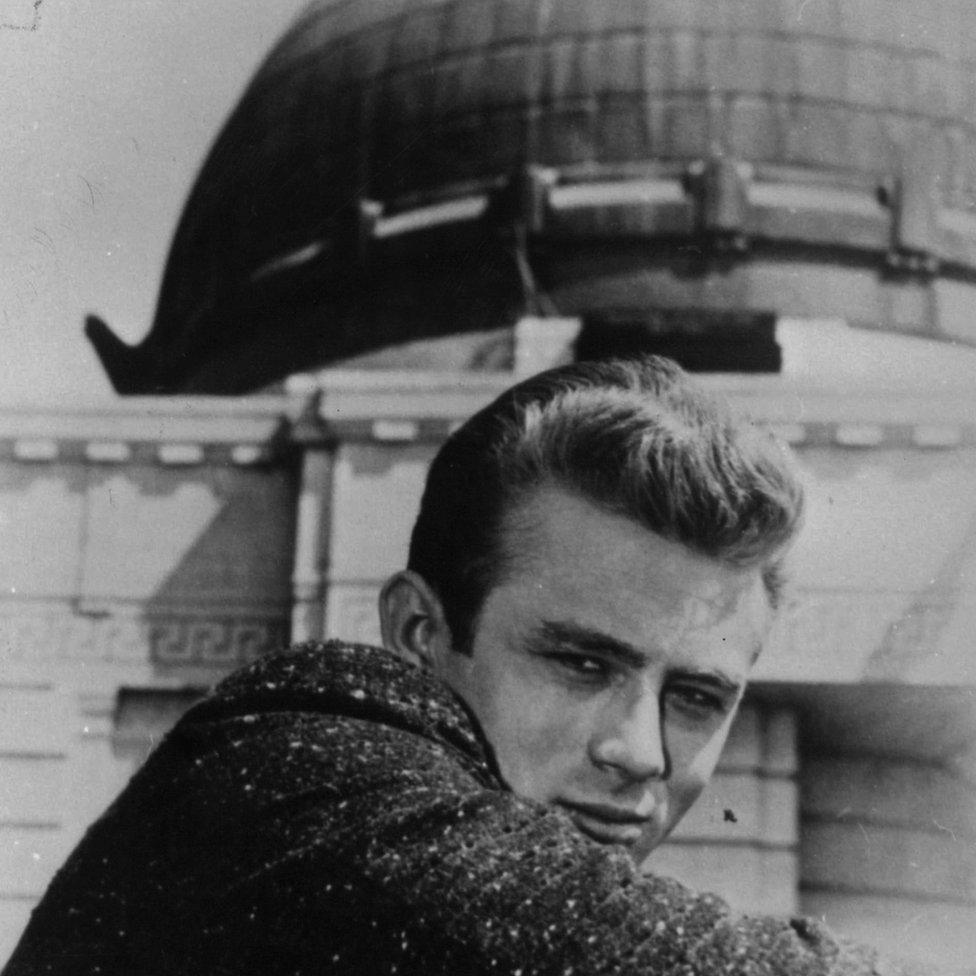
Griffith Observatory featured in the James Dean movie Rebel Without A Cause

When he arrived, he was taken in by an elderly couple who gave him board and a chance to attend school in exchange for labour.
Griffith later got a job as a mining correspondent for a newspaper in San Francisco, following the California gold rush. His expertise led to opportunities in mining syndicates and it was through these that he amassed a fortune.
He was now a wealthy man and moved in elite circles.
But he divided opinion.
Some were impressed by Griffith's confident demeanour, others thought he "had an exaggerated strut like a turkey gobbler".
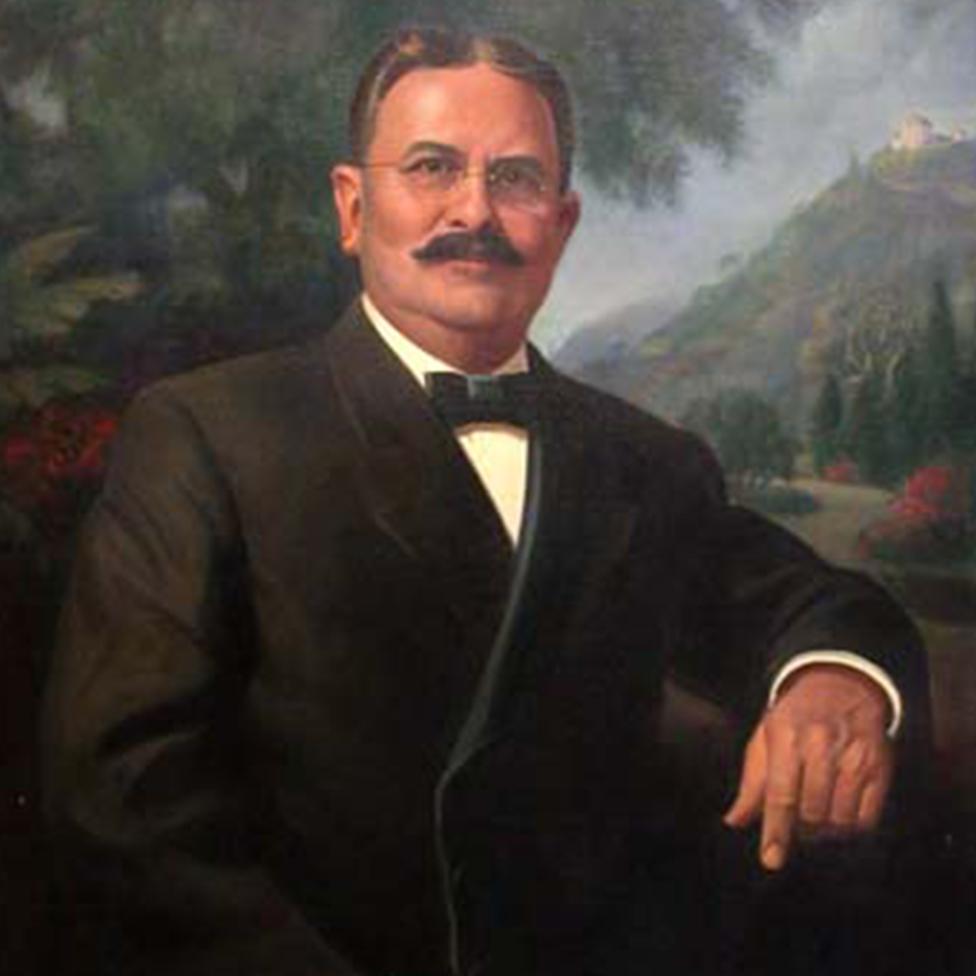
Griffith J Griffith's controversial life story wouldn't look out of place in a Hollywood movie

Griffith even called himself "Colonel" but no-one knew why as the only military title he'd ever officially held was a "major" of rifle practice with the California National Guard.
It didn't stop ambitious Griffith as he moved to establish himself in LA high society by heading to southern California, buying 4,000 acres at Rancho Los Feliz in the north-east of the city before cementing his position as an LA socialite by marrying the daughter of a prominent family in 1887.
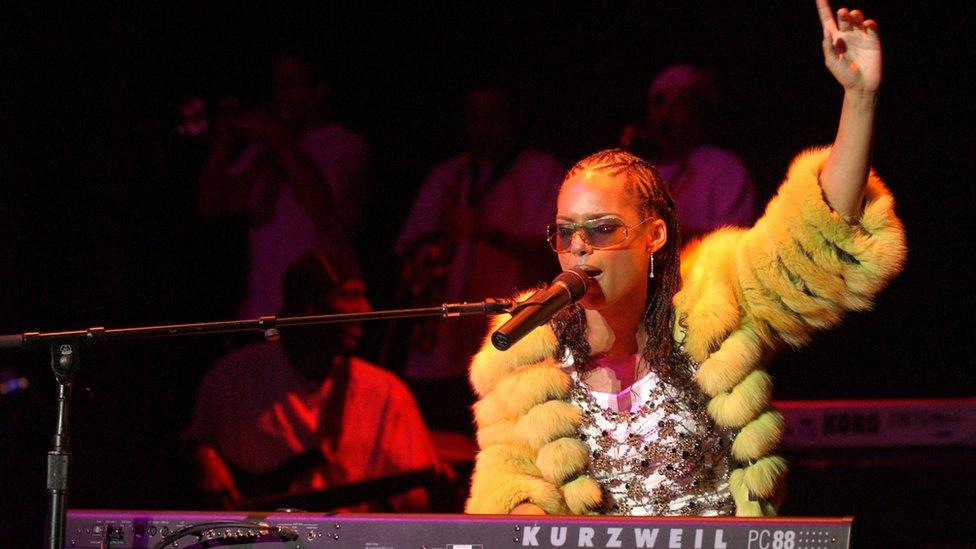
Grammy award winner Alicia Keys is among the stars to have played at LA's Greek Theatre
His life seemed like the epitome of the American dream but took a dark twist when he later attempted to murder his wife Christina, leaving her with life-changing injuries.
On the outside, the glamorous, successful couple seemed like the perfect A-list celebrities.
But behind closed doors, Griffiths was abusive.
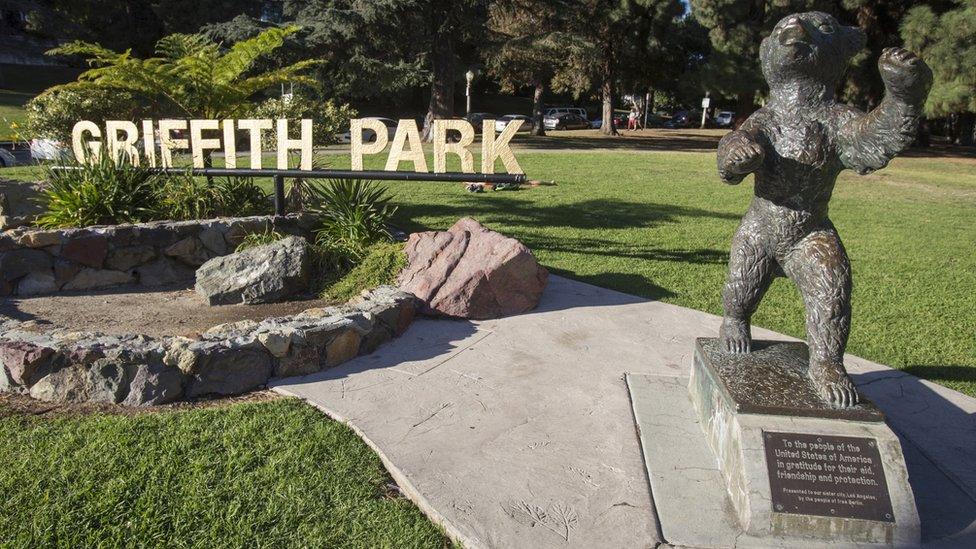
Griffith Park is bigger than Central Park in New York and is the US's largest urban municipal park
He was suspicious of his wife's fidelity and, while he presented as someone who didn't drink alcohol to the outside world, Christina later said he was frequently drunk in the confines of their home.
Indeed, his marriage to Christina was said to have almost never happened - it is understood he called off their engagement on discovering that she was not the sole heir to the family fortune.
Her shocked family begged him to reconsider to save their daughter from the shame of being rejected and he did - on condition Christina was made the sole heir to the family's large fortune.
'He had quite an ego'
His first act of social benevolence was his "Christmas present" of 1896 when he and Christina donated 3,015 acres of their land to the city of Los Angeles for use as a public park.
"It must be made a place of rest and relaxation for the masses, a resort for the rank and file, for the plain people," Griffith told the Los Angeles City Council when he donated the land.
"I consider it my obligation to make Los Angeles a happy, cleaner and finer city. I wish to pay my debt of duty in this way to the community in which I have prospered."
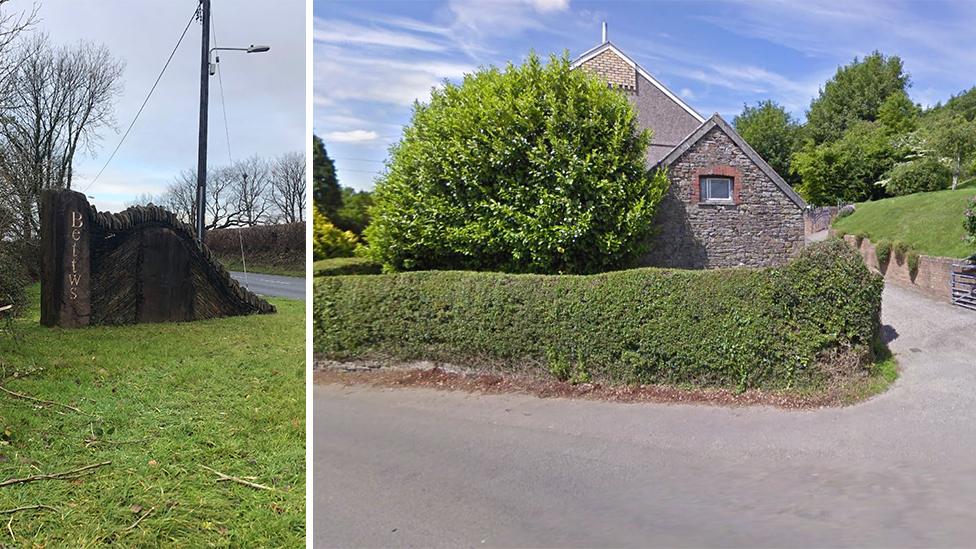
Griffith J Griffiths was born at Pen Y Bryn Farm in a small village in south Wales
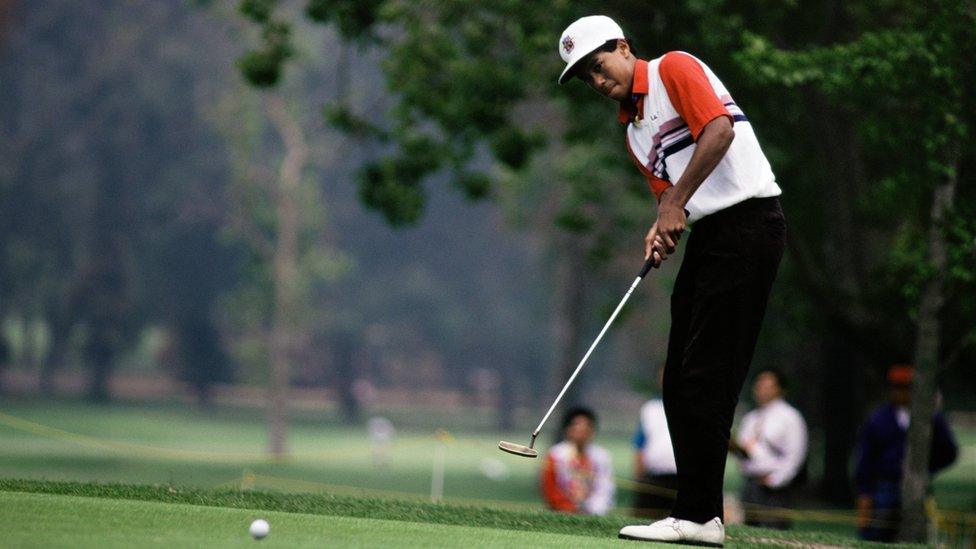
Tiger Woods played at Griffith Park in 1991 before winning the LA junior golf title
In return, the city agreed to name it after the self-made mining entrepreneur and philanthropist who had arrived in the United States less than 20 years earlier with nothing.
"The land wasn't in the city back then," said LA historian Michael Eberts.
"He said he was giving the land to the city before it was too late because he said someday LA will be a major city and will need this refuge.
"The land, though, wasn't valuable then because you couldn't grow crops - now it'd be worth millions in real estate. People also accused him of trying to skip paying tax.
"Griffith did have a strong reformer streak but he had quite an ego - he wanted to be seen to be doing good things with his wealth."
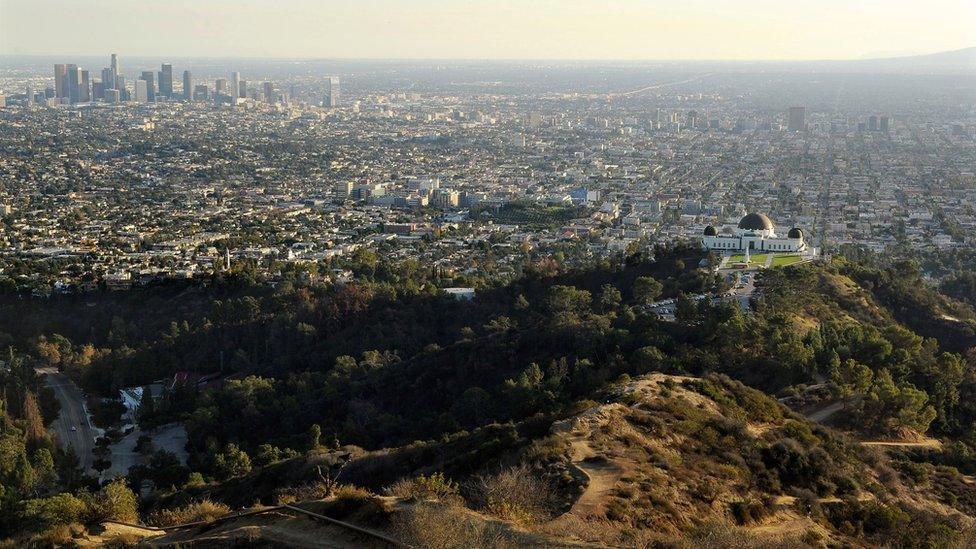
Griffith Observatory on Mount Hollywood in Griffith Park has a prime spot overlooking LA
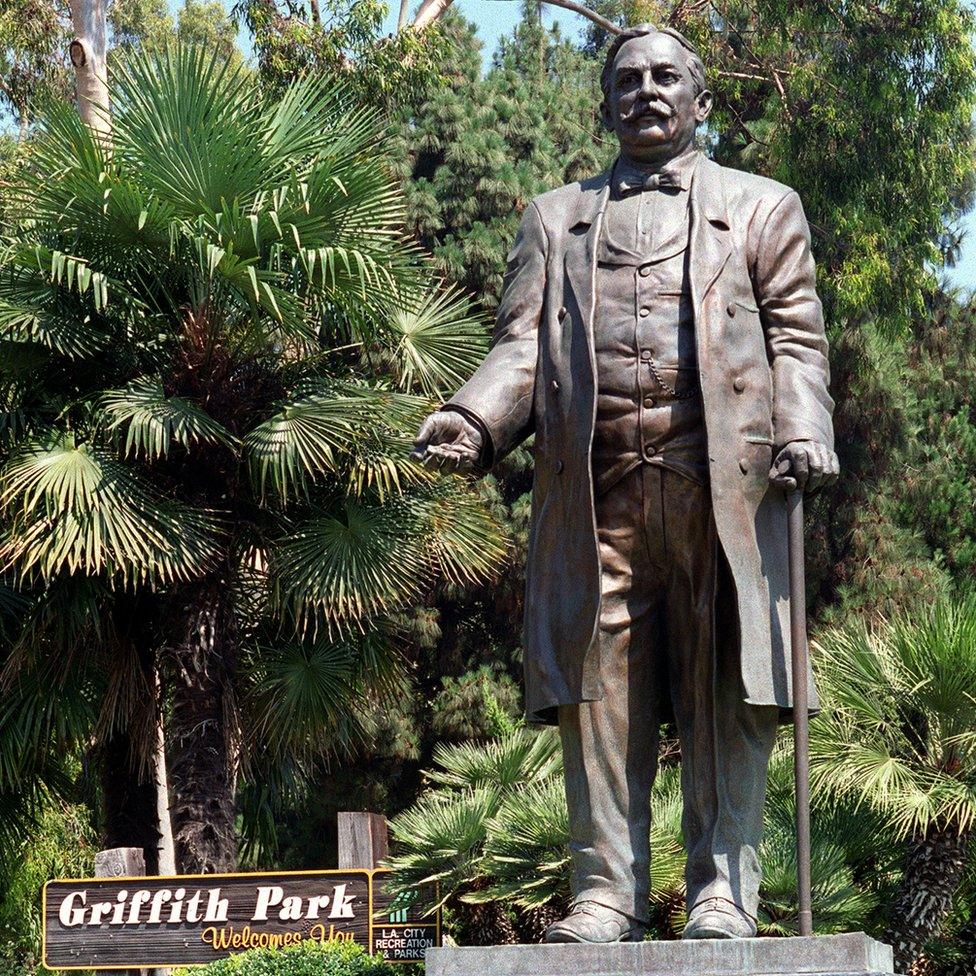
It took 100 years for the statue of Griffith J Griffith to be installed at Griffith Park

But Griffith wrecked this legacy by shooting his wife at point blank range in a drunken rage while on holiday in Santa Monica in September 1903.
An article in the New York Times on 7 September 1903, reported that Griffith shot her as she was on her knees after "forcing her to answer, at pistol point, some irrational questions as to her faithfulness and knowledge of any attempt to poison him".
The article continued: "She jumped up and ran to a window, out of which she jumped, falling onto a roof some fourteen feet below fracturing her shoulder blade."
She survived the shooting in the Arcadia Hotel's presidential suite but lost her right eye and suffered facial disfigurement.
The brutal attack shocked people in LA and Griffith became persona non grata overnight.
He was charged with assault with a deadly weapon with intent to commit murder before being convicted of a lesser charge of assault with a deadly weapon.
During the trial, the reputation Griffith had built up over the years was shredded - even his defence argued he suffered "alcoholic insanity".
Griffith's excuses for shooting his wife were that he had suffered from paranoid delusions.
Despite being found guilty of assault with a deadly weapon - an attack which left his wife blind in one eye - his punishment was nominal.
The secret alcoholic was sentenced to just two years in jail.
During his time in prison, Christina divorced him taking full custody of their teenage son and he was ostracised by LA's socialites.
On his release from prison, he tried to repair his damaged reputation but the city was having none of it.
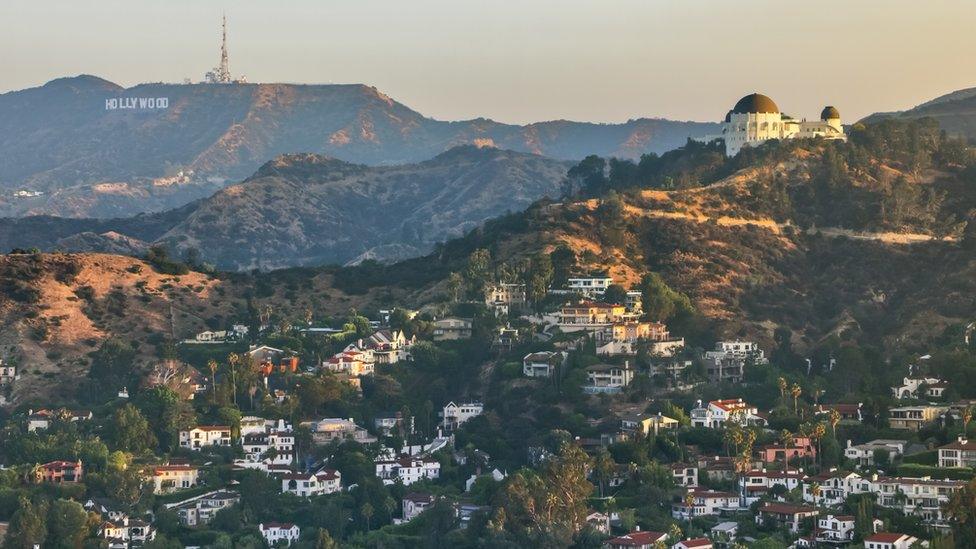
Griffith Park is 4,000 acres of urban parkland above the Hollywood and Los Feliz areas of LA
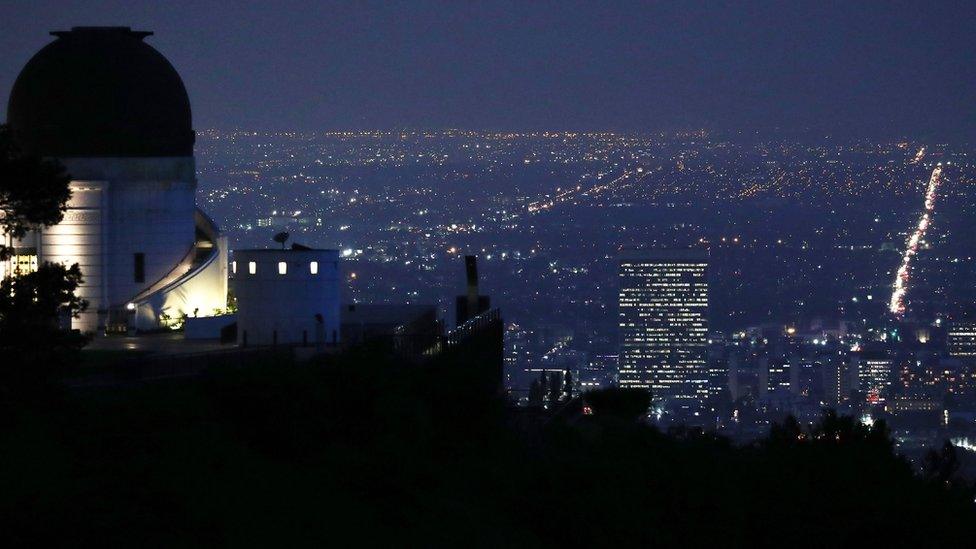
The Griffith Observatory is one of the most visited tourist attractions in California
As part of his attempt to ingratiate himself back into high society, in 1912 Griffith offered Los Angeles a second "Christmas present" of a theatre and science hall to be built at his expense at Griffith Park.
While the city council accepted, park commission members blocked it thinking Griffith was trying to buy forgiveness for shooting his wife.
"He bemoaned the fact he couldn't be seen as the great philanthropist he wanted to be remembered as," said Mr Eberts of the Los Angeles Historical Society.
"There were stickers on LA police cars a few years back saying 'There's no excuse for domestic violence' and someone put one on the sign for Griffith Park.
"We appreciate the park, it means so much to the people of LA, but shooting your wife, oh my word that is not acceptable."
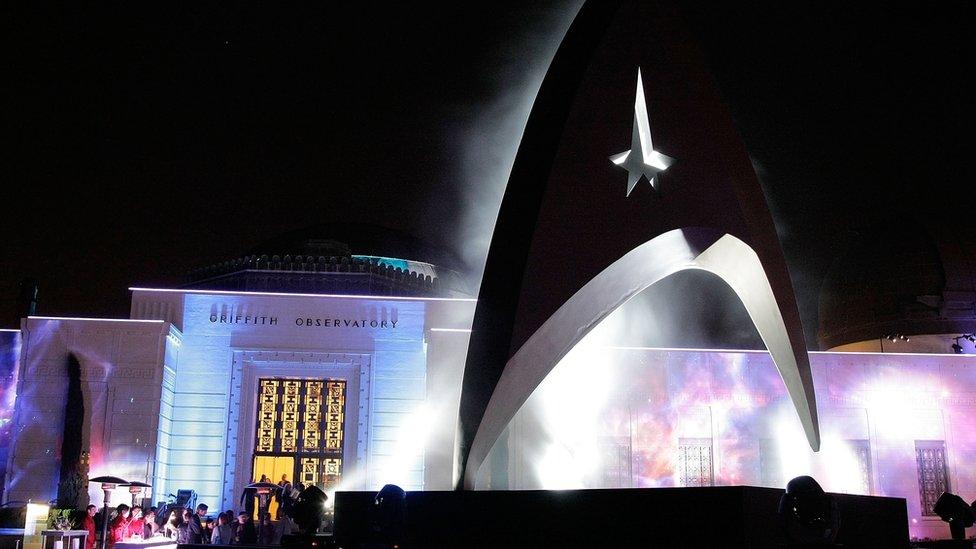
The Griffith Observatory has been used in the Star Trek franchise
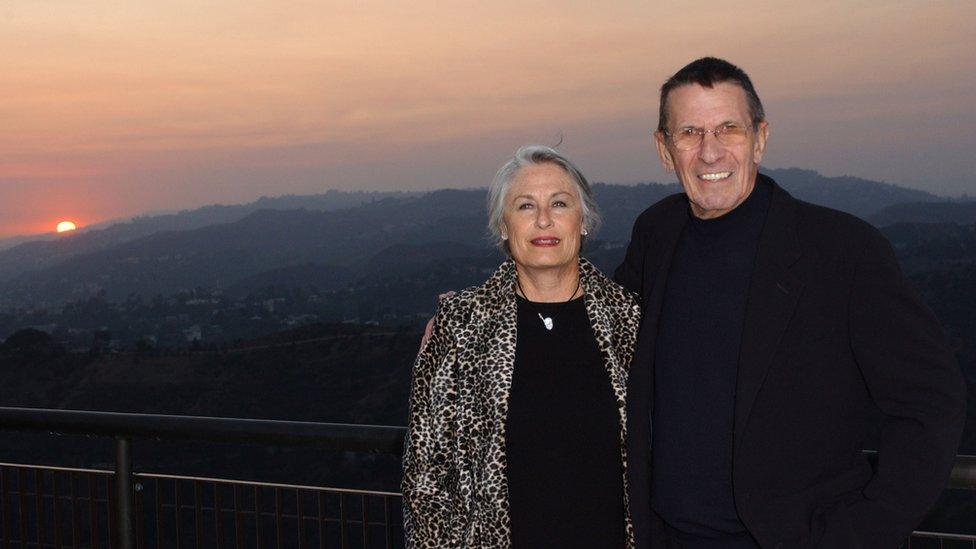
Star Trek's Spock - Leonard Nimoy, here with wife actress Susan Bay - donated money to help pay for Griffith Observatory's $93m (£73m) renovation
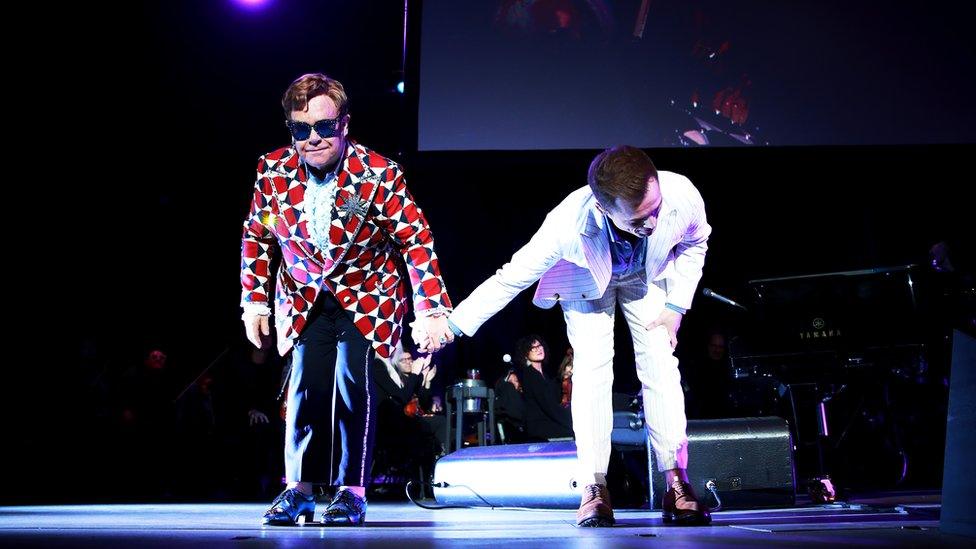
Elton John and Taron Egerton performed Rocketman: Live in Concert at The Greek Theatre
Griffith died of liver disease in July 1919 and left the bulk of his $1.5m estate to the city to build a Greek Theatre and an observatory, where admission was free.
"There's no whitewashing of Griffith and his failings and going to prison for very good reason," said Dr Ed Krupp, director of Griffith Observatory since 1974.
"There's no forgiving Griffith for shooting his wife but there is an understanding that there was more to the man."
- Published13 January 2020
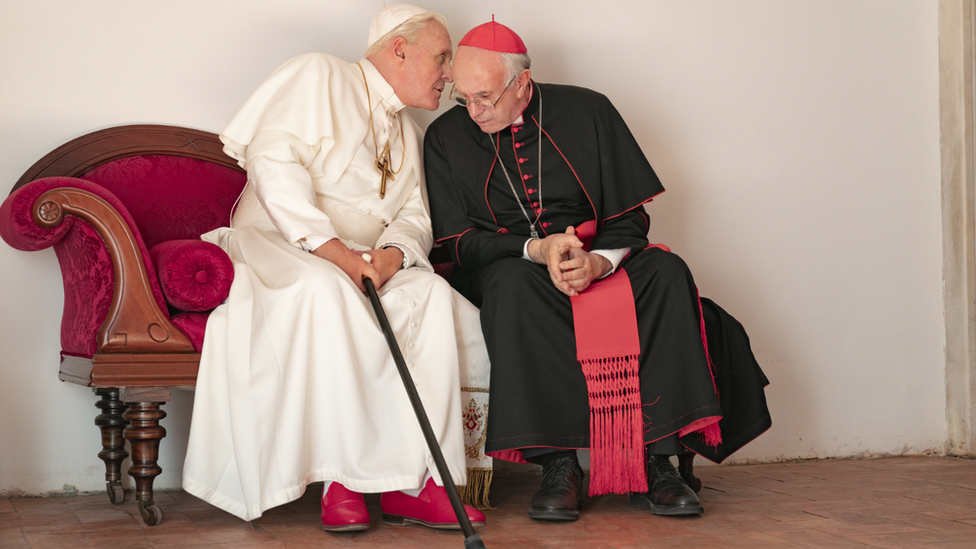
- Published13 January 2020
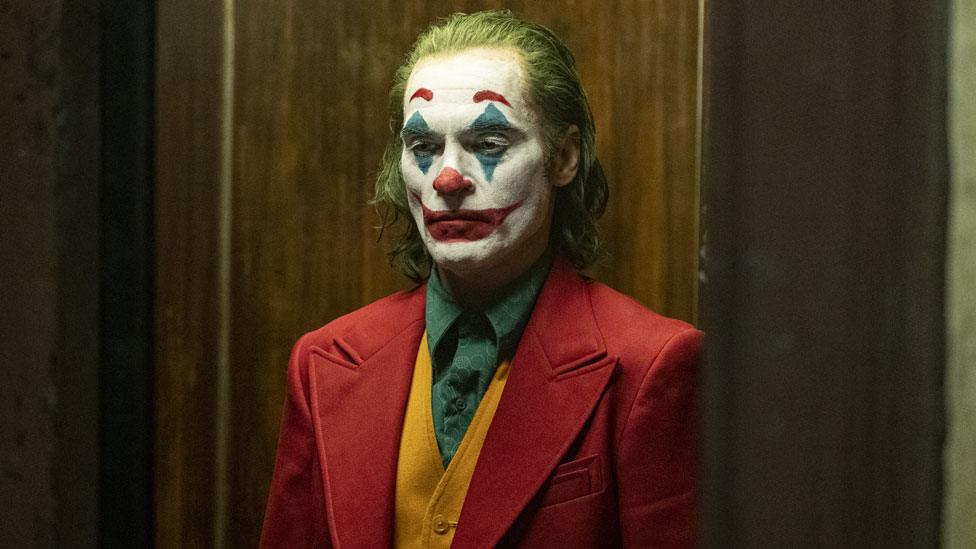
- Published10 February 2020
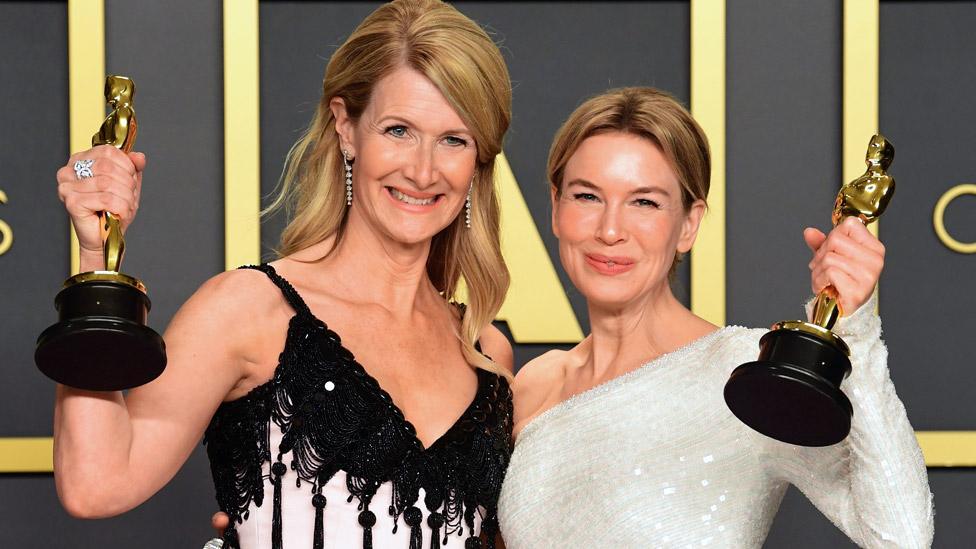
- Published19 December 2019
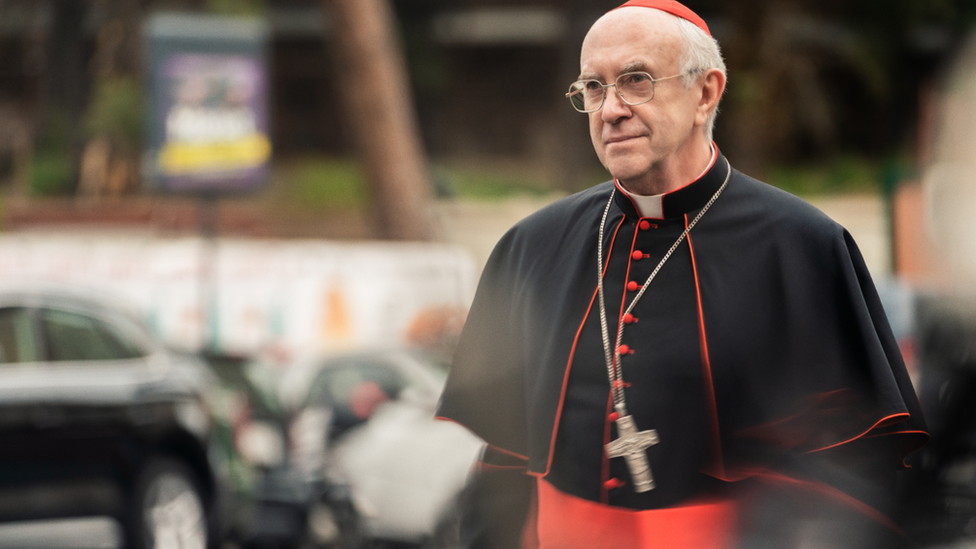
- Published13 January 2020
